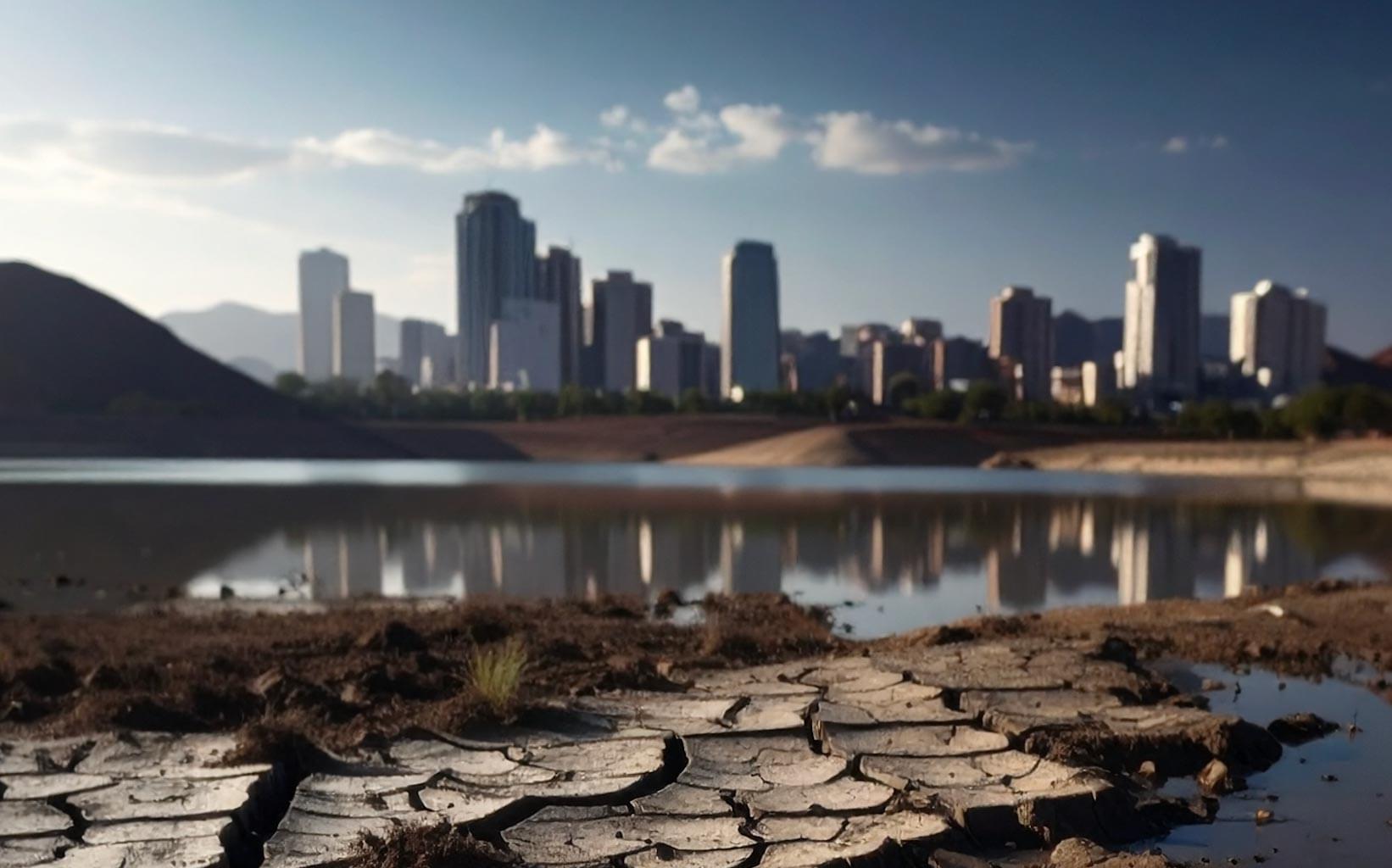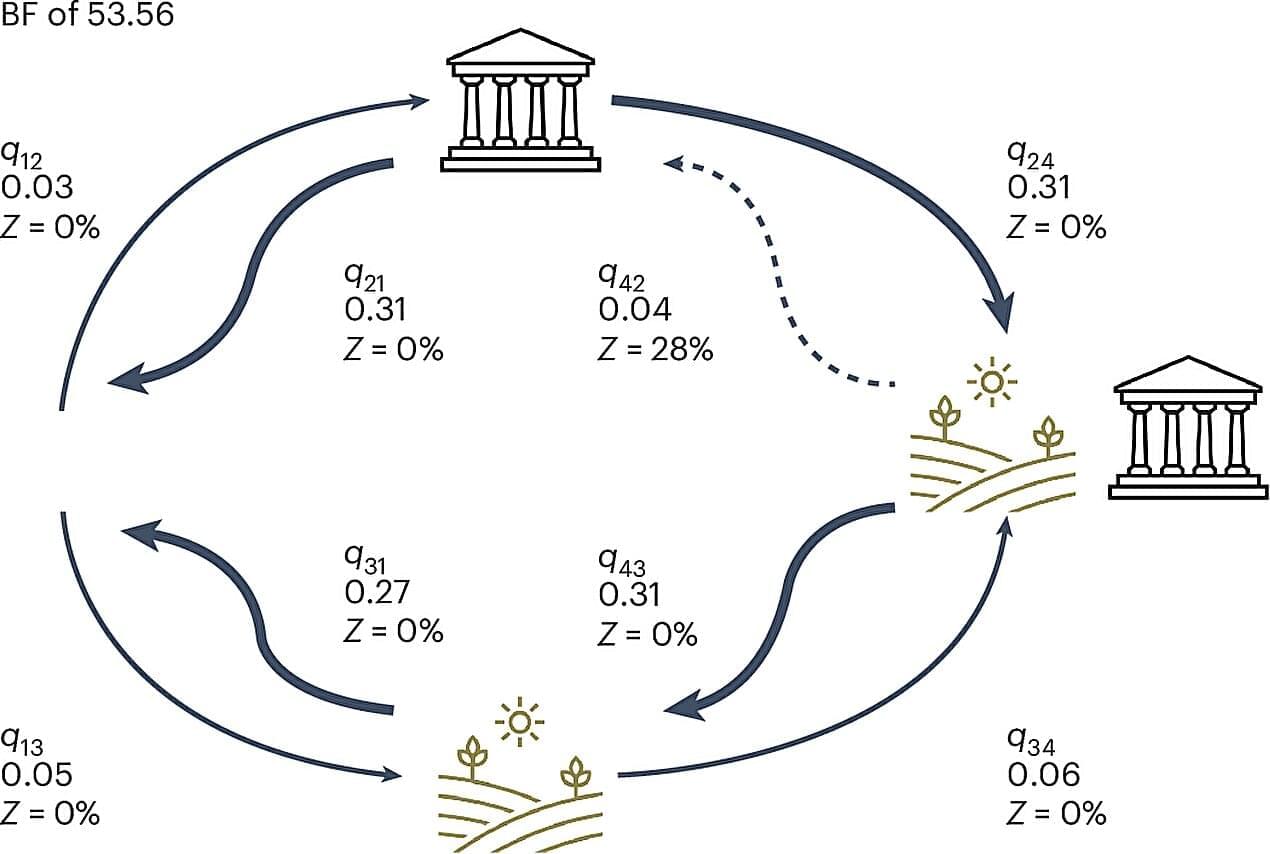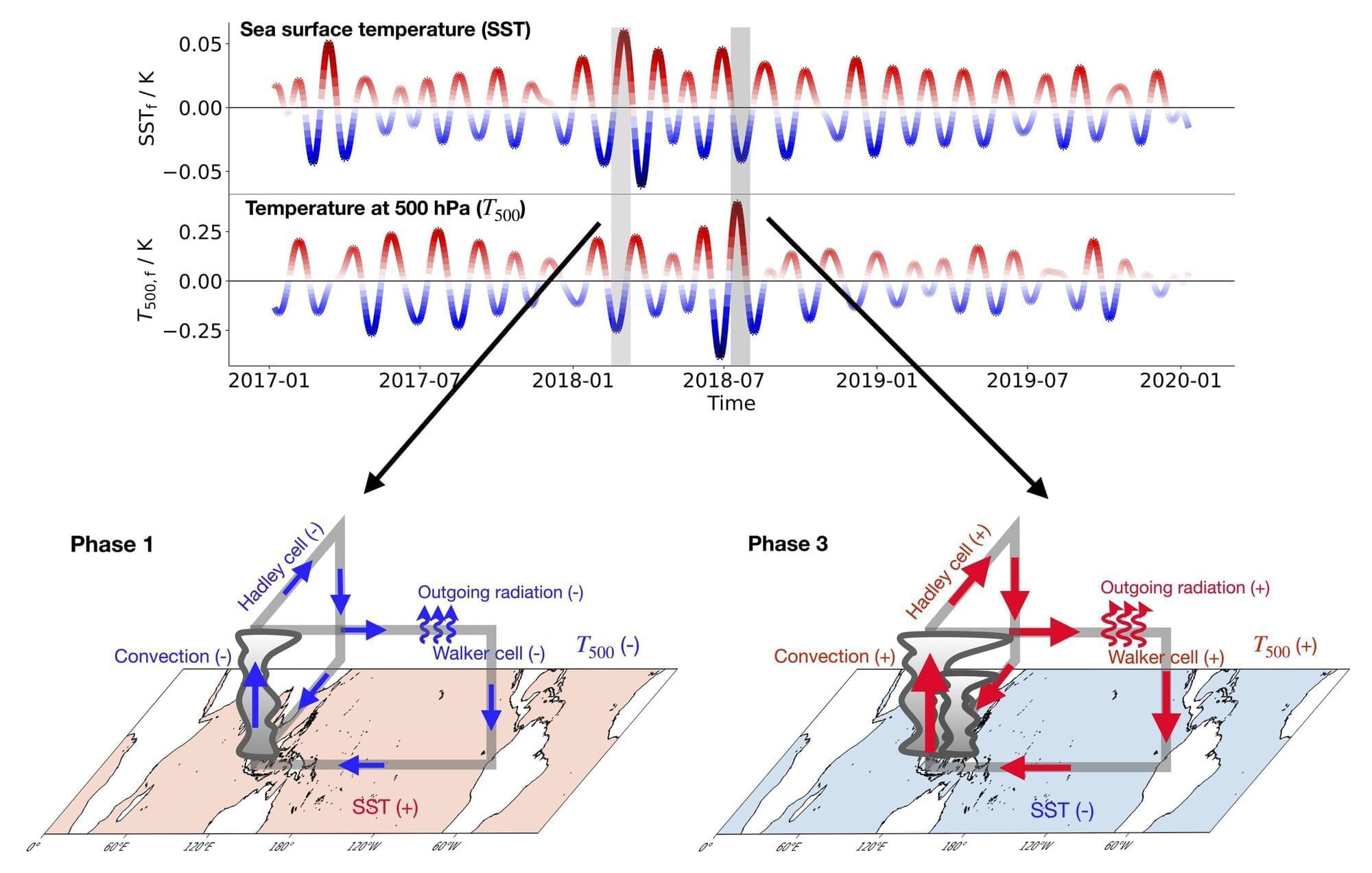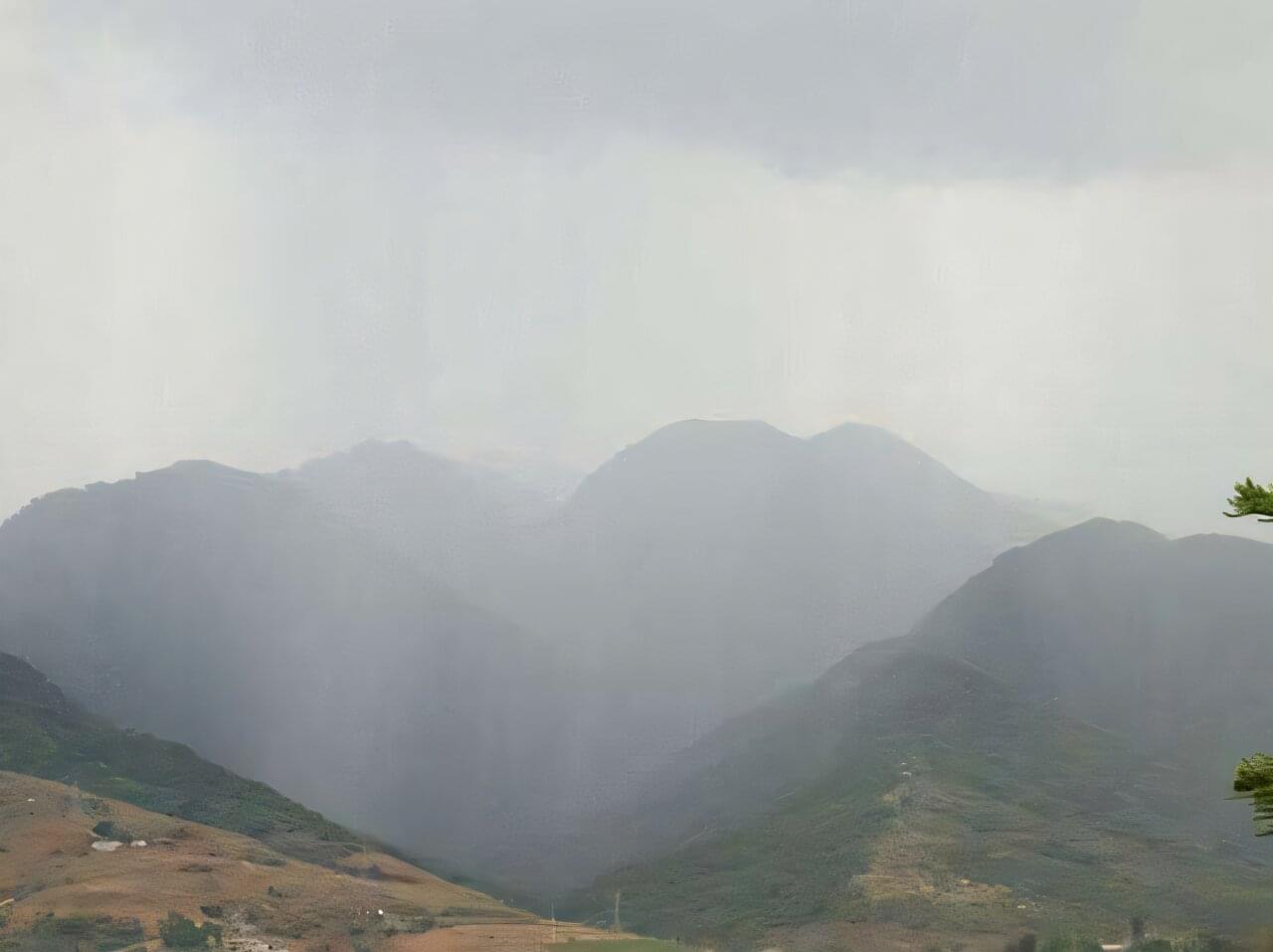Thousands of Amazon employees have signed an open letter issuing some dire warnings about the company’s move toward AI. The letter, signed by more than 1,000 workers (and counting) calls out Amazon for pushing its AI investments at the expense of the climate and its human workforce. The letter’s supporters come from a wide array of roles at the company, including many software engineers, and even employees focused on building AI systems. “We believe that the all-costs-justified, warp-speed approach to AI development will do staggering damage to democracy, to our jobs, and to the earth,” the letter’s authors wrote. It adds, “We’re the workers who develop, train, and use AI, so we have a responsibility to intervene.”
Over a thousand Amazon employees have penned an open letter, warning that the company’s rapid AI development is jeopardizing its climate commitments and human workforce. They argue the pursuit of AI dominance is leading to increased emissions, water scarcity, and job displacement, urging leadership to prioritize ethical AI and environmental responsibility.








